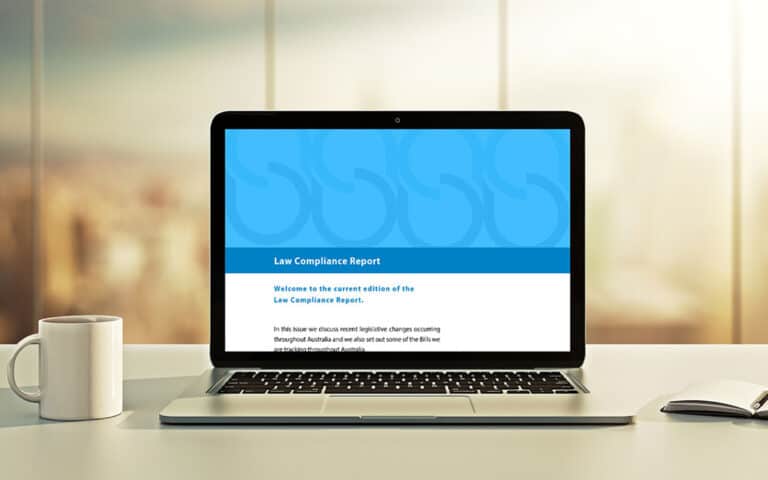This article applies to non-public sector employers with 100 or more employees, as well as registered higher education providers (who are employers).
Workplace Gender Equality Amendment (Closing the Gender Pay Gap) Act 2023 (Cth)
On 12 April 2023, the Workplace Gender Equality Amendment (Closing the Gender Pay Gap) Act 2023 (Cth) (the Amending Act) amended the Workplace Gender Equality Act 2012 (Cth) (the Act).
Most notably, the Amending Act has amended the Act to require certain organisations to provide their Workplace Gender Equality Agency gender equality reports to their governing bodies. Importantly, these new changes apply to organisations already required to report to the Workplace Gender Equality Agency.
These changes and other relevant amendments are discussed below.
New requirement to provide gender equality reports to governing bodies
To strengthen accountability of relevant employers to take action to improve gender equality in their workplaces, the Amending Act has amended the Act to introduce additional requirements for relevant employers who are, (in short) non-public sector employers with 100 or more employees as well as registered higher education providers that are employers.
New section 16C of the Act now requires the Chief Executive Officer (CEO) (however described) of a relevant employer to provide certain reports (being the executive summary report and the industry benchmark report) provided by the Workplace Gender Equality Agency (WGEA), to all members of the relevant employer’s governing body.
The executive summary report contains a summary of the information contained in a public report prepared by the relevant employer in respect of the reporting period. The industry benchmark report compares the information contained in a public report prepared by the relevant employer in respect of the reporting period with the information contained in public reports prepared by similar relevant employers in respect of the reporting period.
Section 16C requires the CEO to ensure that as soon as reasonably practicable after receiving from the WGEA an industry benchmark report for the relevant employer for a reporting period, a copy of that report is given to each member of the organisation’s governing body (if any). Furthermore, if at the time of receiving an industry benchmark report, the relevant employer has received an executive summary report for the reporting period but has not yet given it to members of the organisation’s governing body, the relevant employer’s CEO is required to ensure that copies of both reports are given to members of the governing body together.
Importantly, section 19D of the Act provides that where a relevant employer (without reasonable excuse), fails to comply with the Act, the WGEA may name the employer as having failed to comply with the Act and set out details of the non-compliance, in a report under the Act or under the Public Governance, Performance and Accountability Act 2013 (Cth). Relevant employers should be aware that new section 19CA of the Act provides that a relevant employer will be taken to have failed to comply with the Act without reasonable excuse, if the CEO of the organisation fails, without reasonable excuse, to comply with new section 16C of the Act (as discussed above).
New inclusions to the Gender Equality Indicators and Gender Equality Standards
We note that the Act has also been amended to refine the gender equality indicators to include matters relating to ‘sexual harassment, harassment on the ground of sex or discrimination’, to align with other changes relating to the Respect@Work legislation.
Finally, relevant employers should note that the Amending Act has amended relevant provisions of the Act to rename the current ‘minimum standards’ as ‘gender equality standards’.
Conclusion
Organisations who are relevant employers should ensure executive staff are made aware of the new requirement to provide their WGEA gender equality reports to their governing bodies, to ensure compliance with the Act, and to avoid being publicly named by the WGEA on the list on non-compliant employers.




